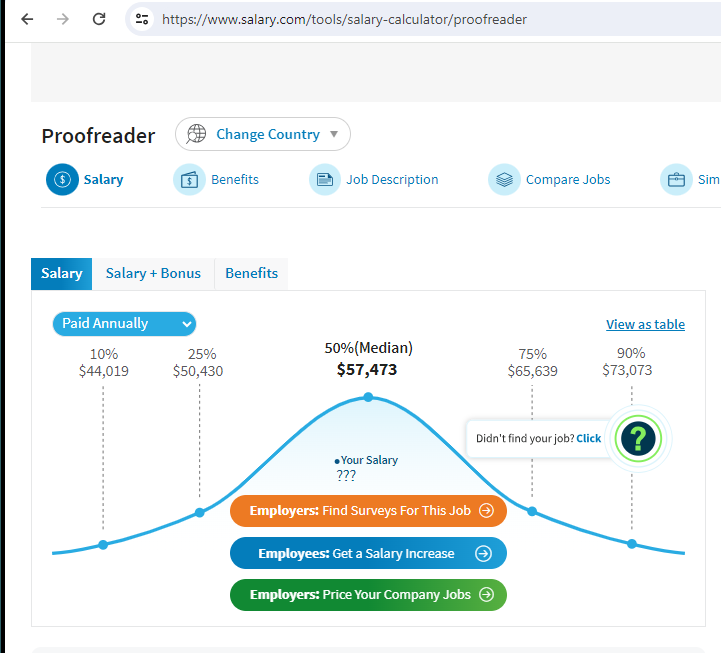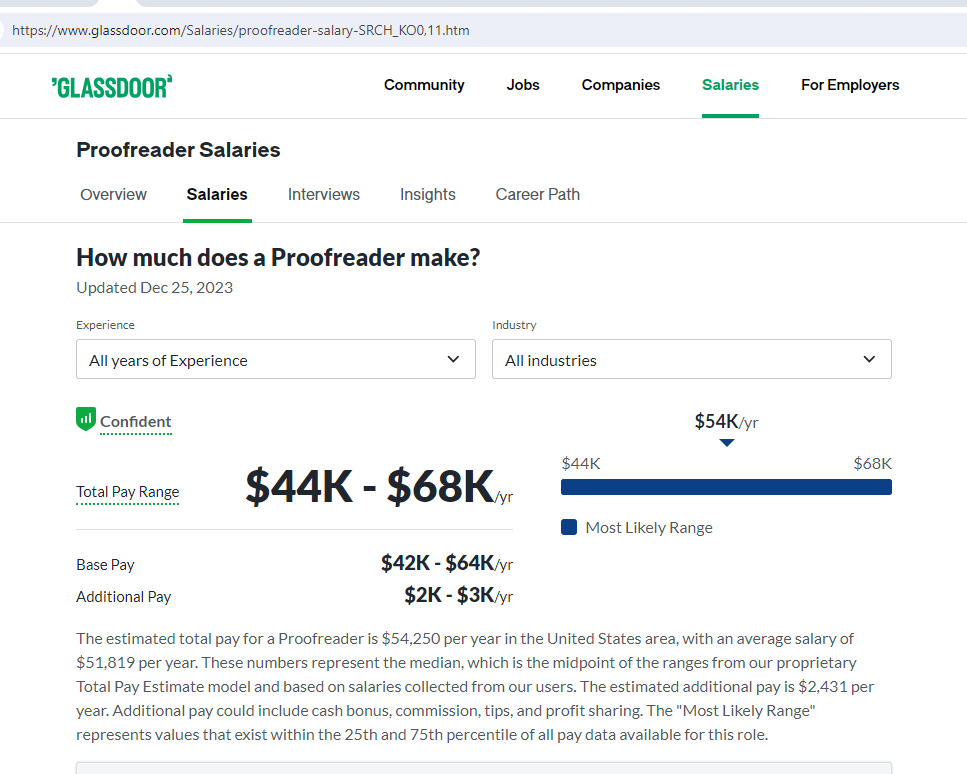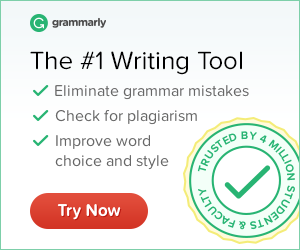In today's digital age where content is king, the demand for skilled proofreaders has never been higher. If you have a keen eye for detail, a love for language, and a desire for a flexible work schedule, a career as a freelance proofreader could be your path to financial independence and professional fulfillment. In this blog post, I will walk you through the steps to start a profitable career as a freelance proofreader.
Develop Your Proofreading Skills:
Before starting a career as a freelance proofreader, it's crucial to hone your proofreading skills. This means not only having a strong grasp of grammar, spelling, and punctuation but also developing an eagle eye for spotting errors in text. Consider taking online courses (I recommend checking out Caitlin’s FREE Introductory Workshop on How to Become a Proofreader), reading style guides, and practicing proofreading on a variety of materials to sharpen your abilities.
Choose Your Niche:
Freelance proofreaders work with a variety of clients, including publishers, businesses, and individuals. Specializing in a particular niche can set you apart from the competition. Your expertise in a specific area can command higher rates. Some common niches for freelance proofreaders include academic papers, marketing materials, novels, and technical documents.
Invest in Essential Tools:
To work efficiently as a professional proofreader, you'll need a computer with word processing software (like Microsoft Word or Google Docs) and a reliable internet connection. I recommend investing in proofreading software and style guides to enhance your skills and productivity.
The majority of proofreaders do most of their proofreading work using Track Changes in Microsoft Word. Some proofreaders also use the Suggesting feature in Google Docs or the PDF markup tools in Adobe PDF editor. They also use Grammarly, or PerfectIt, or both.
Create a Professional Online Presence:
Build a professional website or create profiles on freelancing platforms to showcase your skills and services. Include a portfolio of your work and client testimonials to establish credibility.
Having a website makes you look professional and gives you credibility. You can promote your proofreading services, show samples of proofreading jobs you’ve done, and provide testimonials from clients. Learn how to set up a money-making blog.
Set Your Rates:
How much do proofreaders Make
Salary.com mentions this: The average Proofreader salary in the United States is $57,473 in 2023 and top earners are making $73,073. Salary ranges can vary widely depending on many important factors, including education, certifications, additional skills, the number of years you have spent in your profession.From Salary.com

Glassdoor mentions that proofreaders in the US make an average of $54,000 annually, with the top end of earners making over $68,000 per year.
https://www.glassdoor.com/Salaries/proofreader-salary-SRCH_KO0,11.htm

Determining your pricing strategy is crucial. Research industry standards and adjust your rates based on your experience and niche. Many freelancer proofreaders charge by the word, page, or hour. Be transparent about your pricing on your website or profiles.
Proofreading income varies depending on your experience, education, employer, and more. While freelance income varies, experienced proofreaders with a steady client base can earn $68,000 or more per year.
Some of the high-paying proofreading jobs that may pay $60,000 or more per year include proofreading jobs for publishers, proofreading for advertising agencies, proofreading for court reporters, and proofreading for law firms.
Market Your Proofreading Services:
Marketing is key to attracting clients. Use social media, online forums, and networking events to connect with potential clients. Reach out to businesses, authors, and organizations in your chosen niche. Consider running paid advertisements or offering discounts to gain initial clients.
Don't underestimate the power of social media in growing your proofreading business. Platforms like LinkedIn, Facebook, and Twitter offer excellent opportunities to find remote proofreading jobs. Engaging actively on social media allows you to connect with potential clients, drive traffic to your website, promote your proofreading services, and discover new proofreading opportunities.
Many proofreaders have successfully used LinkedIn to secure new gigs and network with industry professionals. Facebook is also valuable for locating specialized groups of potential clients. To make the most of social media, follow relevant companies and individuals in your industry and be on the lookout for job postings. Additionally, join relevant groups and communities on these platforms to network with other professionals and stay informed about job opportunities.
Create a Contract:
Always have a written contract in place before starting a project. This should outline the scope of work, deadlines, payment terms, and any additional terms or conditions. Contracts protect both you and your clients.
Deliver Exceptional Service:
Your reputation as a proofreader will be built on the quality of your work. Always meet deadlines, provide thorough feedback, and maintain clear communication with your clients. Exceeding client expectations can lead to repeat business and referrals.
Keep Learning:
Language and writing standards evolve over time. Stay updated on changes in grammar rules, style guides, and industry trends by reading, attending webinars, or taking relevant courses.
Proofreading Resources
Taking a good proofreading course is the fastest way to learn how to become a freelance proofreader. It may also help you secure proofreading jobs. I recommend checking out Caitlin’s FREE Introductory Workshop on How to Become a Proofreader. This FREE Proofreading workshop will help you learn basic proofreading skills and help you decide if freelance proofreading work from home is right for you.
Conclusion:
Starting a profitable career as a freelance proofreader requires dedication, skill development, and effective self-marketing. With the right combination of expertise, professionalism, and persistence, you can build a thriving freelance proofreading business that provides financial stability and the satisfaction of helping clients present error-free, polished content.
Related Posts:
- 20 ProofReading Jobs for Beginners
- How to Get Freelance Proofreading Jobs
- What is the Difference Between Proofreading and Editing
- Skills You Need to Work from Home as a Proofreader
- What Does a Proofreader Actually Do?
- How to Work from Home Proofreading
- 10 Proofreading Tips To Become a Better Proofreader
- How to Become an Online Proofreader Today
- Remote Editing and Proofreading Jobs at Scribendi
- Listing of popular freelance sites.
Disclaimer: If you purchase a product through a referral link, I will get a commission at NO extra cost to you and it helps me to keep providing you with quality information.



